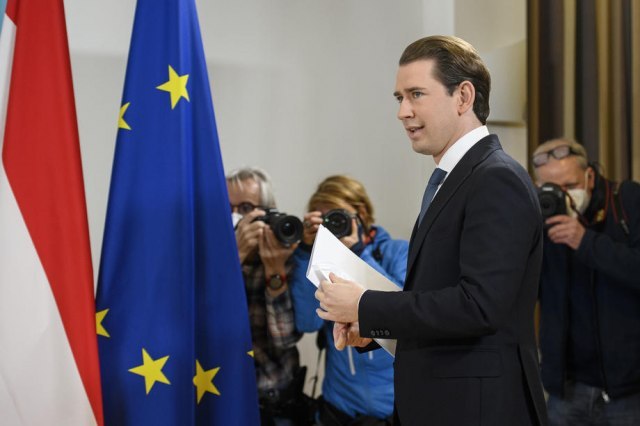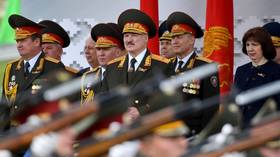 THE INTERNATIONAL COMMUNITY must hold Israel to account for its 54-year occupation of Palestine, a UN human rights expert said on 23 December 2021, five years after the UN Security Council passed a resolution calling for an end to all settlement activities in Palestinian territories.
THE INTERNATIONAL COMMUNITY must hold Israel to account for its 54-year occupation of Palestine, a UN human rights expert said on 23 December 2021, five years after the UN Security Council passed a resolution calling for an end to all settlement activities in Palestinian territories.
“On the fifth anniversary of the adoption of Resolution 2334 by the United Nations Security Council, the international community has to take its own words and its own laws seriously,” said Michael Lynk, the UN Special Rapporteur for the situation of human rights in the Palestinian territory occupied since 1967.
“Without decisive international intervention to impose accountability upon an unaccountable occupation, there is no hope that the Palestinian right to self-determination and an end to the conflict will be realized anytime in the foreseeable future”, Lynk said.
Resolution 2334, adopted by the Security Council on 23 December 2016, stated that Israeli settlements constitute “a flagrant violation under international law” and said that all settlement activities in the occupied Palestinian territory, including East Jerusalem, must “immediately and completely cease.”
The resolution said the expansion of settlements threatens the viability of a two-State solution and international law must govern the occupation and the relations between Israel and the Palestinians. It also called on States to distinguish between the territory of the State of Israel and the territories Israel has occupied since 1967.
“If this resolution had been actually enforced by the international community, and obeyed by Israel, we would most likely be on the verge of a just and lasting peace”, the Special Rapporteur said. “Instead, Israel is in defiance of the resolution, its occupation is more entrenched than ever, the violence it employs against the Palestinians to sustain the occupation is rising, and the international community has no strategy to end the world’s longest military occupation.”
The Special Rapporteur noted that “in the 20 reports delivered to the Security Council since the Resolution was adopted, the Secretary-General or his representative have stated on each occasion that Israel has not complied with any of the directions of the Security Council,” Lynk said. “Is it not clear by now that the Israeli political leadership has no interest, and no incentive, to end the occupation?”
“One statistic above all illustrates the remarkable unwillingness of the international community to enforce its own directions respecting the Israeli occupation”, the UN expert said. “In 2016, when Resolution 2334 was adopted, there were an estimated 400,000 Israeli settlers in the West Bank and 218,000 in East Jerusalem. Five years later, there are 475,000 settlers in the West Bank and 230,000 in East Jerusalem, an increase of 12 per cent. This dynamic reality on the ground is racing far ahead of the international community’s tepid criticism of Israel’s unlawful conduct.”
The Special Rapporteur called upon the international community to develop a rights-based approach to Middle East peace-making, and to employ the plentiful tools of accountability measures to bring Israel back into compliance with international law.
“Only an approach based on accountability, equality and full rights for all can create the possibility of a prosperous and shared future for Palestinians and Israelis alike.”













